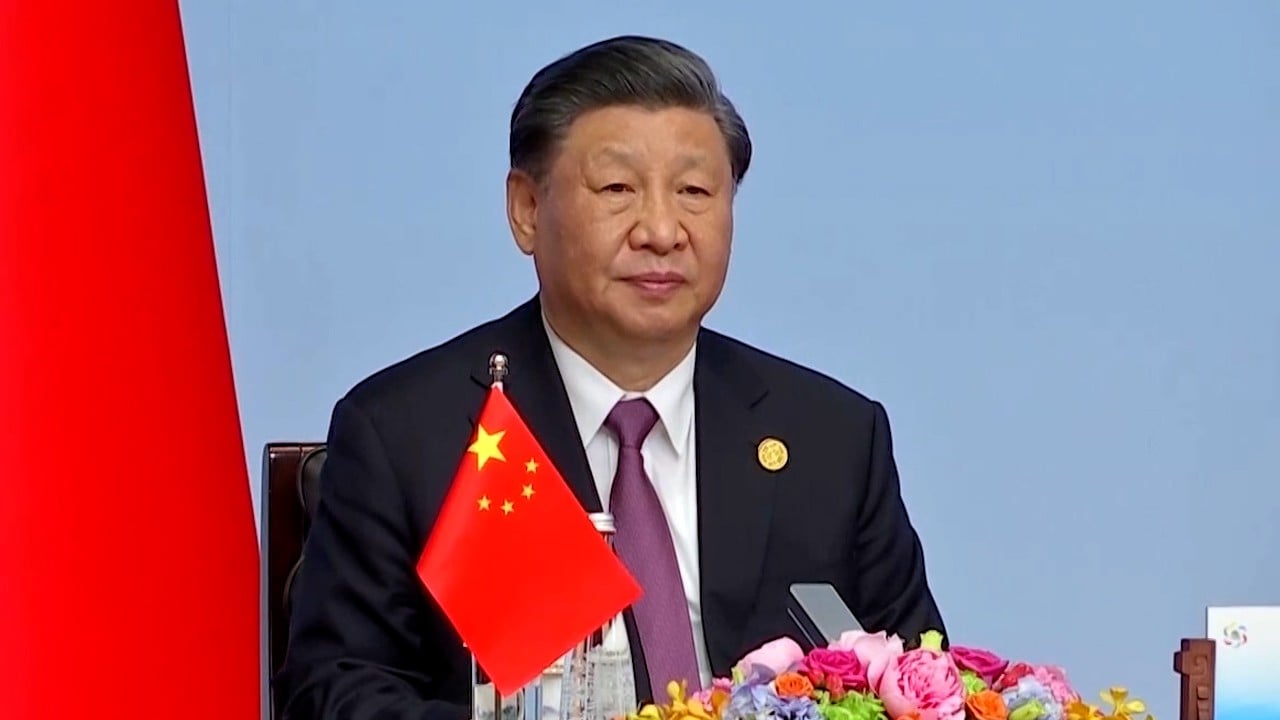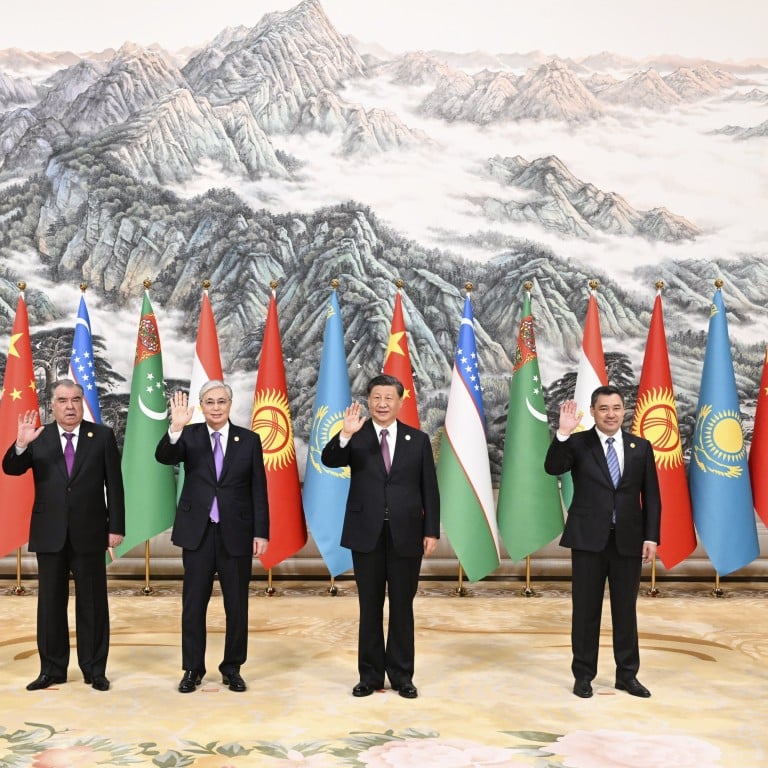
Global Impact: Xi Jinping rolls out the red carpet for Central Asian leaders as G7 vows to address China challenge
- Global Impact is a weekly curated newsletter featuring a news topic originating in China with a significant macro impact for our newsreaders around the world
- In this edition, we look back at what was achieved during the China-Central Asia Summit
He also proposed establishing a China-Central Asia energy development partnership, expanding trade in oil and gas, pursuing cooperation throughout the energy industrial chains and strengthening cooperation on new energy and peaceful use of nuclear energy.
Together, leaders of the six countries also stressed the importance of improving connectivity in the region, including better transport links between Central Asia, Southeast Asia and the rest of the continent.
The two main Belt and Road Initiative projects currently under discussion are a railway connecting China to Kyrgyzstan and Uzbekistan, and a natural gas pipeline from Turkmenistan.
Xi spent three days in Kazakhstan and Uzbekistan and attended a summit of the Shanghai Cooperation Organisation, a China-led security and economic collective.
Energy ties between China and Central Asia were not affected by the Ukraine war, with Central Asia supplying more than two-thirds of China’s pipeline gas imports and China importing much more natural gas from Central Asia than from Russia.
China reaches out to Central Asia in push to end Ukraine war
The summit showcased how the five Central Asian countries, traditionally under the influence of Russia as former Soviet states, are pivoting to align more with China as a source of security and investment.
They have not criticised the war in Ukraine and abstained from a vote condemning Russia at the United Nations General Assembly in February, yet Russia’s invasion of Ukraine, also a former Soviet state, did rattle the nerves of the Central Asian countries.
60-Second Catch-up
Deep dives
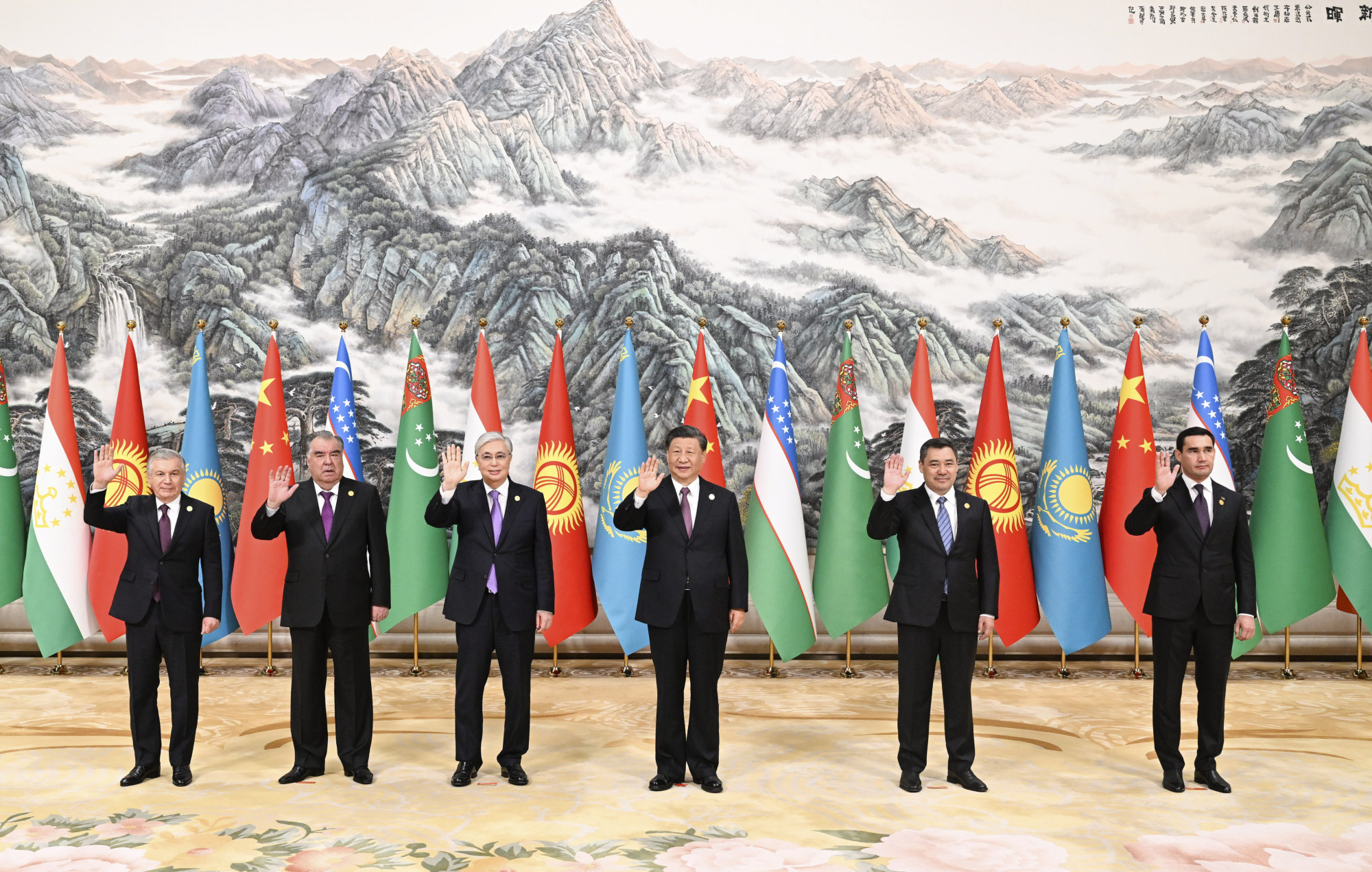
China looks to central Asia as the West sees threat to US-led world order
-
Chinese president calls for expanded trade and energy ties with the region, offering development aid and investment
-
China’s commitment to central Asia will be hard for Western nations to match, analyst says
Chinese President Xi Jinping rolled out the red carpet for his counterparts from Kazakhstan, Kyrgyzstan, Tajikistan, Turkmenistan and Uzbekistan in the northwestern city of Xian.
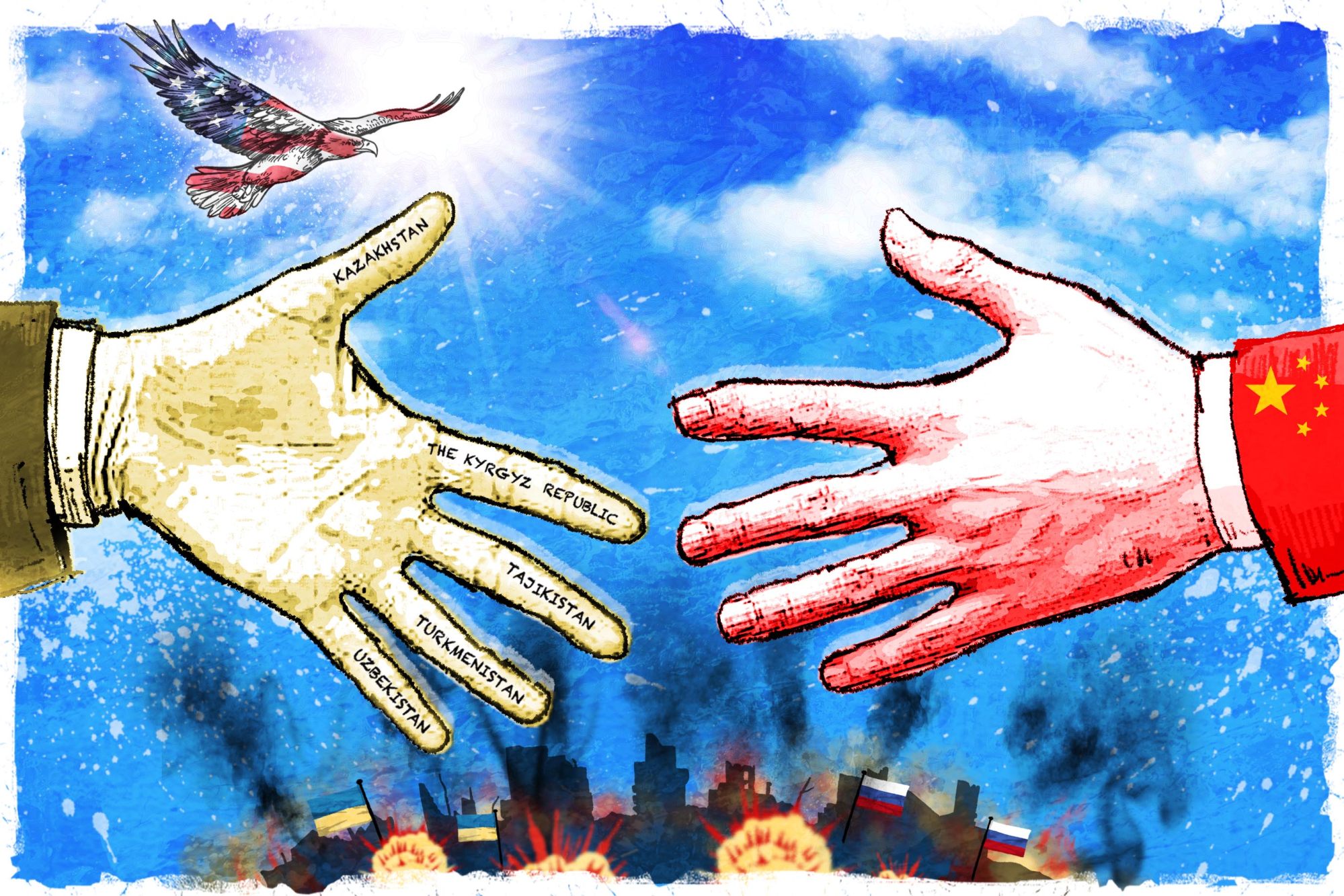
Summit a ‘major diplomatic event’ to boost China’s ties with Central Asian nations amid Ukraine, Afghanistan concerns
-
Leaders of Kazakhstan, Kyrgyzstan, Tajikistan, Turkmenistan and Uzbekistan invited to first China-Central Asia summit
-
Presence of ethnic Russians in the five countries has triggered fears Moscow could target their territory next, analyst says
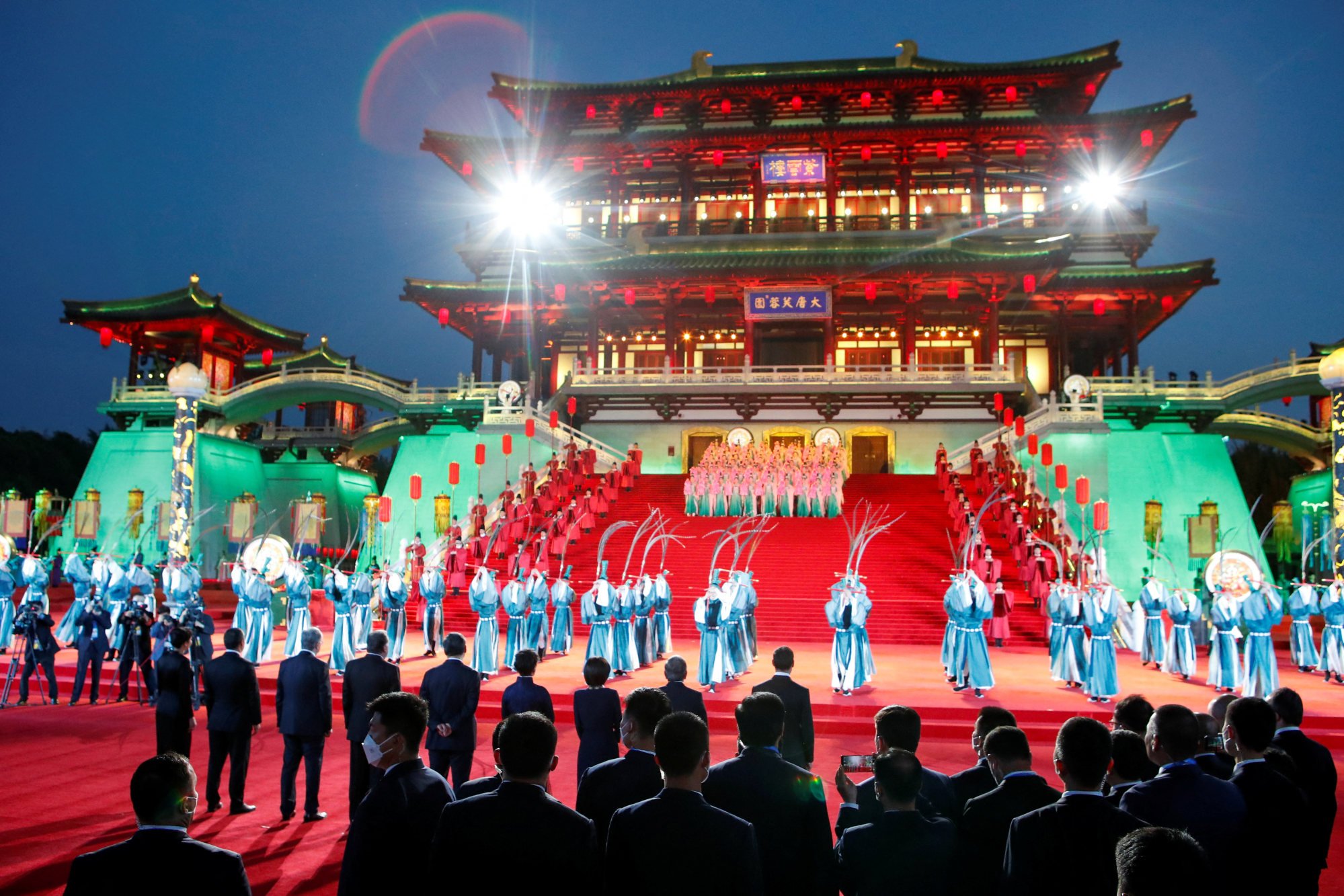
China pulls on Tang dynasty Silk Road ties to help secure central Asian future
-
Five regional leaders were greeted with dancers and a banquet harking back to Xian’s imperial past as a centre of trade and culture
-
Beijing is trying to position itself as an alternative partner to Russia
The gathering in the northwestern Chinese city – home to the terracotta warriors and the start of the Silk Road – got under way performances and a banquet inspired by the Tang dynasty (618-907).
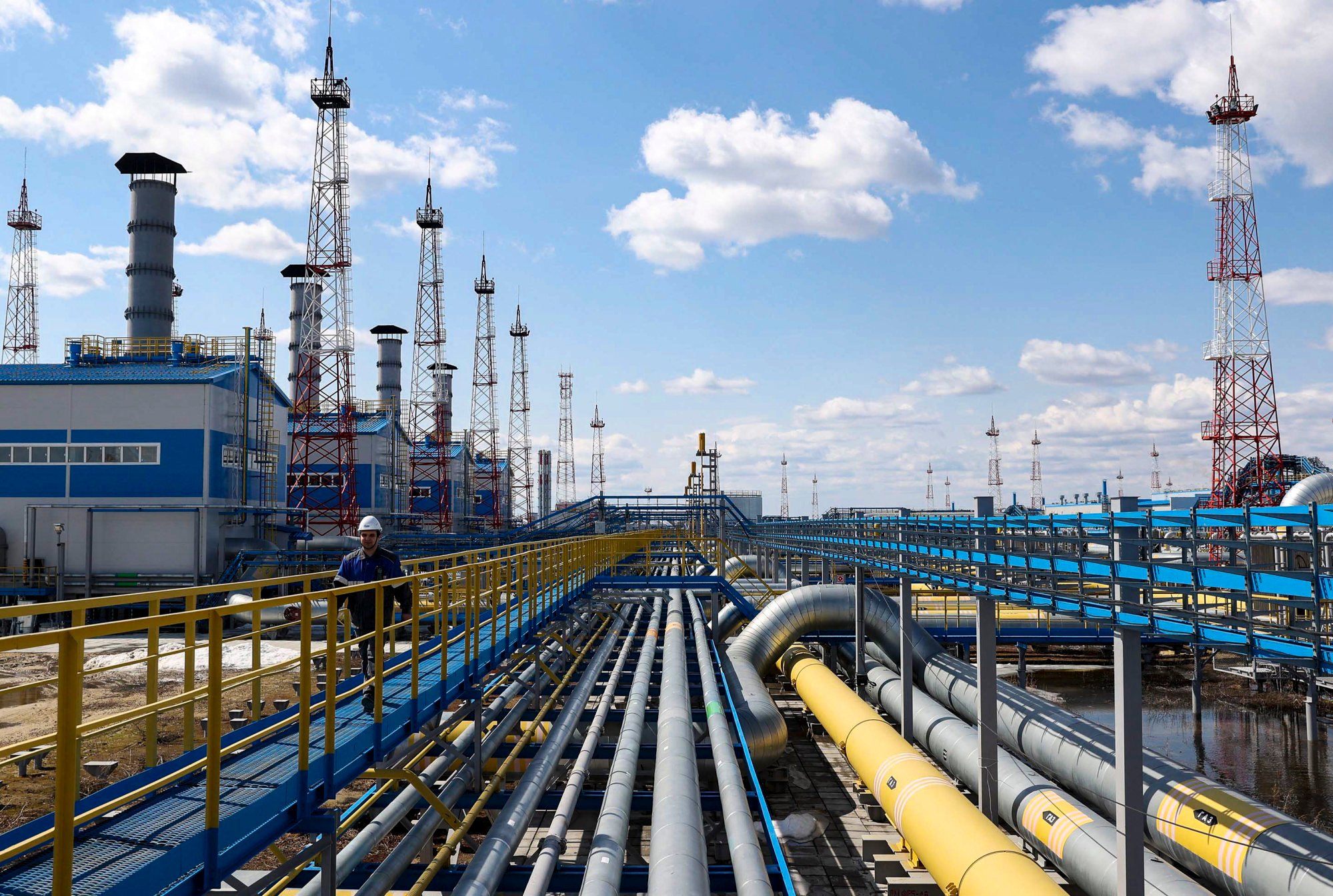
How energy is powering China’s relationships with Central Asia
-
Beijing is seen in the region as a reliable partner compared with the US and Russia, analyst says
-
Two-thirds of China’s gas pipeline imports came from Central Asia last year
Chinese President Xi Jinping and his counterparts from Kazakhstan, Kyrgyzstan, Tajikistan, Turkmenistan and Uzbekistan will be in the northwestern Chinese city of Xian for a two-day China-Central Asia summit, an event that comes as China faces growing decoupling pressure from the US-led West.
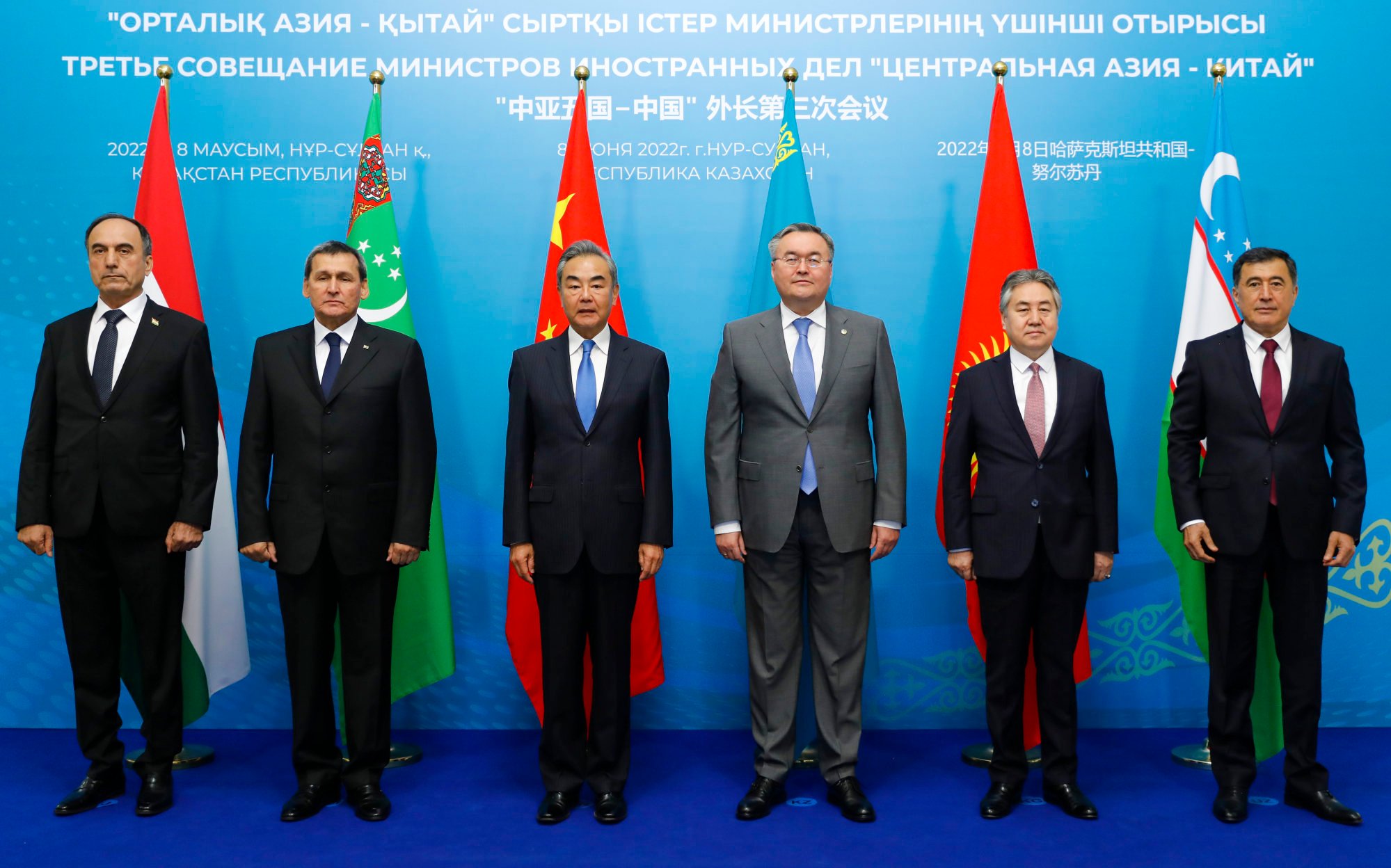
China’s Central Asian inroads could fill void left by Russia amid US pressure
-
Uzbekistan’s former foreign minister opens up with the Post about the need for green financing projects and why China is a ‘comprehensive strategic partner’
-
China will host a summit next month with Central Asian countries Kazakhstan, Kyrgyzstan, Tajikistan, Turkmenistan and Uzbekistan
Uzbekistan’s attempts to embrace a China-like economic growth model are paving the way for Beijing to build a stronghold in Central Asia and to fill a vacuum left by Russia after Western sanctions.
In a widely anticipated referendum on constitutional reform, to be held on April 30, the most populous Central Asia country will decide whether to extend presidential terms from five to seven years, and whether to provide more protection for investors – including Chinese state-owned firms and private entrepreneurs.
Global Impact is a fortnightly curated newsletter featuring a news topic originating in China with a significant macro impact for our newsreaders around the world.


